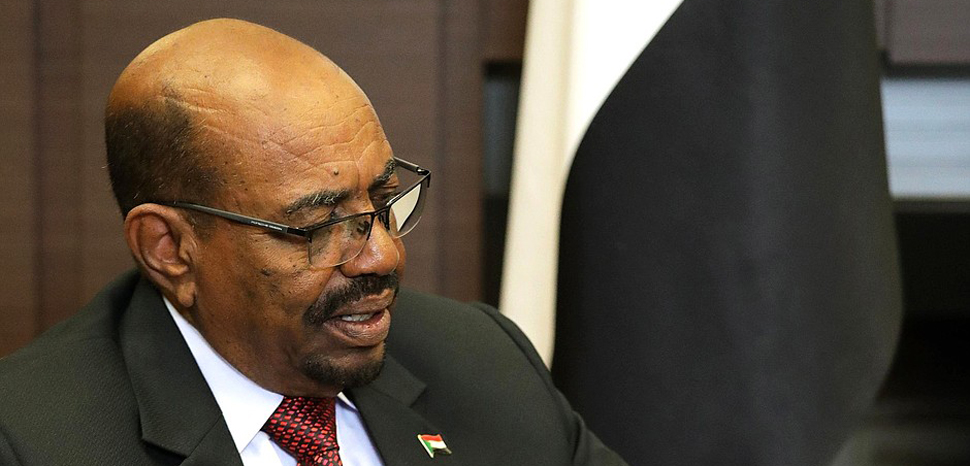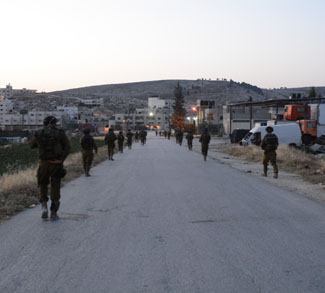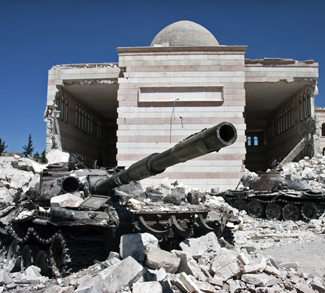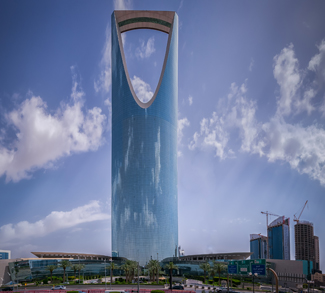On April 11, after 30 years of power, the strongman of Sudan, Hassan al-Bashir, was arrested and forced to resign following a coup d’état.
Bashir became president of Sudan in June 1989 after taking part in his own coup d’état, going on to become one of the longest-serving presidents in Africa. His fate was recently sealed following months of street protests, and many of his ministers have been arrested by the military as well.
The protests were triggered by a series of economic missteps by the Sudanese government, which together spiked the inflation rate to 70% and made primary goods very expensive. The local population could not afford food and other essentials, giving rise to mass demonstrations.
Although there are significant economic aspects behind the coup d’état, there are also political and legal aspects. Al-Bashir is under indictment for crimes against humanity related to seemingly organized massacres in Darfur. His government has consistently been involved in violence against civilians and he has exploited ethnic divisions for decades, in particular those between the Arabs living near the Nile River and Africans in Darfur.
Al-Bashir re-proposing himself as a candidate for the 2020 national elections appears to be the last straw for many Sudanese people. Demonstrations, started in December 2018, accused the president of corruption and eventually led to the downfall of the government. However, the military, which has always been loyal to al-Bashir, interposed between the demonstrators and the government. They arrested the president and his ministers, establishing a transitional government since April 11. This government was lead first by Lt. General Ahmed Awad Ibn Auf (minister of defense for Al-Bashir since 2015) for a few days, and then by Lt. General Abdel Fattah Abdelrahman Burhan.
The original intention of the transitional government was to govern the country for two years and then call national elections. Yet when General Ibn Auf announced to the nation that the al-Bashir government was toppled, the constitution was suspended, and that the military would hold on to power for two years, local people continued to protest.
The military tried to make concessions, releasing hundreds of political prisoners jailed by al-Bashir, but as an institution it tends to have a negative reputation in Sudan. Most Sudanese people suspect that the military, which supported al-Bashir for three decades, will not hand over power when the time comes. Thus, the protests continue in the hope of establishing a civilian government as soon as possible. In the past few days, the Sudanese Military Council and the political opposition agreed to form a civil-military state council to attempt to solve the crisis.
Still, the protests continue unabated.
The sustained momentum of the protests might be able to force the current military leadership to step aside and make way for a new government, but for now, the military is retaining power and intends to keep it for two years until the next elections – should they ever take place.
The current leader, General Abdel Fattah Abdelrahman Burhan, has a generally good reputation in Sudan. He started the ongoing dialogue between the military and the demonstrators. However, it seems that a concrete agreement remains elusive.
Al-Bashir’s fall might have important consequences for the internal conflict in South Sudan as well. The civil war in South Sudan started in 2013 and led to 400,000 deaths and four million people being displaced.
Al-Bashir had supported a peace agreement between South Sudan President Salva Kjir and his former deputy Riek Machar (now opposition leader). With the fall of the Sudanese government, the South Sudan leader might be encouraged to break the deal and re-start large-scale violence. The coup d’état can have dangerous political and social effects on South Sudan and its precarious stability. This is part of the reason why Vatican diplomats recently intervened. About two weeks ago, Pope Francis received the two local leaders in Vatican City to restore negotiations and made an unexpected gesture. He broke with papal protocol to kiss the feet of South Sudan’s leaders. He did it as last chance to bring peace in the country and encourage reconciliation among the parties.
The bishop of Juba declared this gesture has impressed the two leaders and local politicians. On April 21, South Sudan president Kjir called Machar to form a national unity government. If this government doesn’t come about, efforts for peace and stabilization will be deeply compromised, and war could well return to South Sudan.
The views expressed in this article are those of the authors alone and do not necessarily reflect those of Geopoliticalmonitor.com or any institutions with which the authors are associated.




